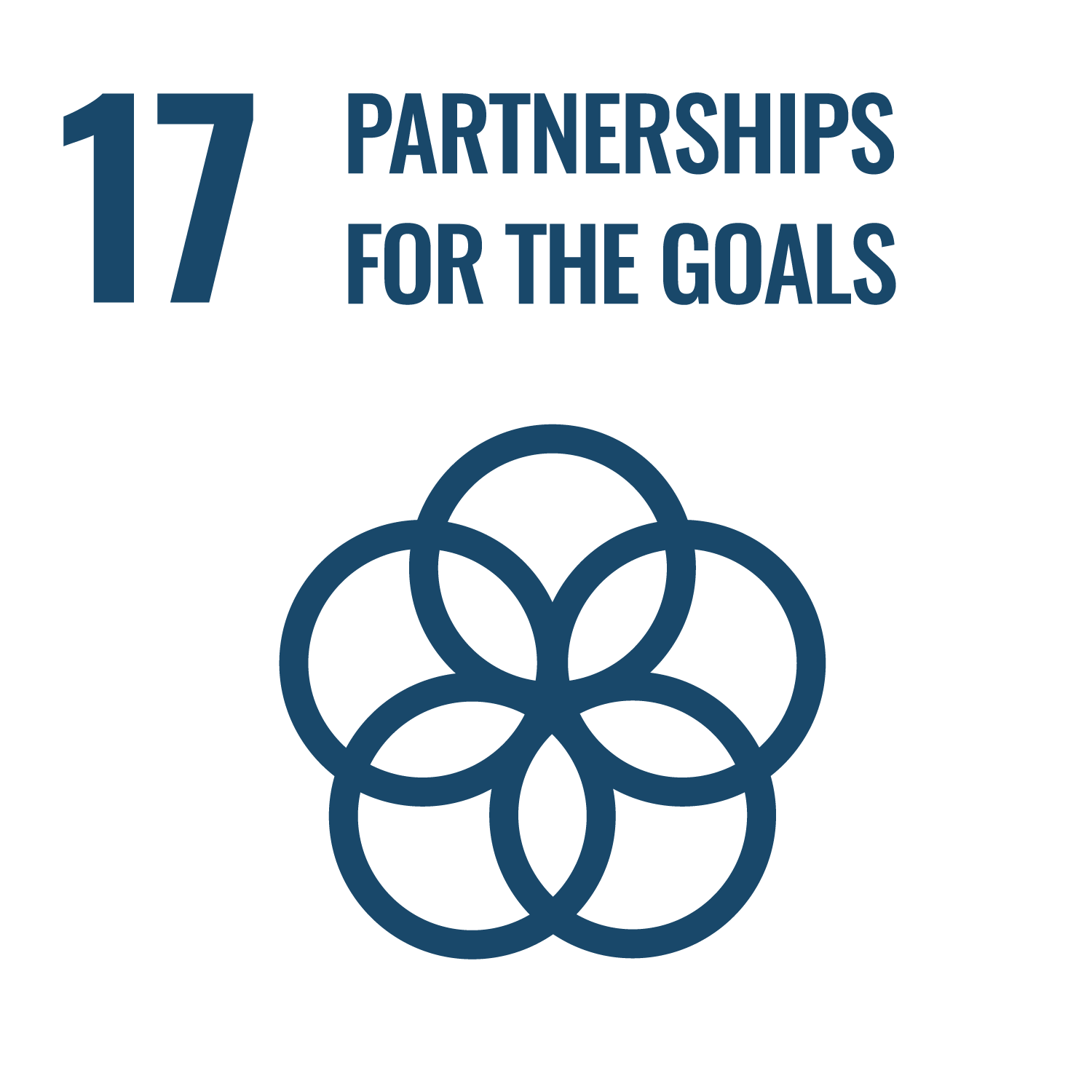LPU-Batangas and the Philippine Councilors League renew partnership for academic excellence
Views: 72



Building partnerships for sustainable development is essential for achieving the Sustainable Development Goals (SDGs). At LPU Batangas, we actively collaborate with international organizations, NGOs, and government agencies to advance sustainable development initiatives. Through initiatives like our Pathway and Ecovip Projects funded by Erasmus , we contribute to global efforts to achieve the SDGs.
To foster partnerships for sustainable development, we engage in research collaborations and knowledge exchange programs with various partners. Additionally, we work closely with local NGOs and community organizations to implement projects that address local development challenges. Through public-private partnerships and sustainable development initiatives, we leverage our resources and expertise to create positive change and promote sustainable development in our communities. Through these partnerships, we aim to achieve the SDGs and build a more sustainable and inclusive future for all.


The Pathway Project, funded by Erasmus, promotes international collaboration in education and research. This initiative facilitates student and staff exchanges, joint academic programs, and collaborative research projects across borders. By fostering cultural exchange and knowledge sharing, the Pathway Project strengthens global partnerships and supports sustainable development through education and innovation.
The EcoViP Project focuses on sustainable urban development and environmental conservation. This initiative engages international partners to implement eco-friendly practices, such as green building design, renewable energy integration, and urban green spaces development. By sharing best practices and innovative solutions, the EcoViP Project contributes to global efforts to mitigate climate change and promote sustainable cities.
Collaborating with non-governmental organizations (NGOs) enhances efforts to achieve the Sustainable Development Goals (SDGs). This partnership involves working with NGOs on community projects, advocacy campaigns, and capacity-building initiatives that address social, economic, and environmental challenges. By leveraging NGO expertise and grassroots networks, institutions amplify their impact and promote inclusive development.
Engaging in public-private partnerships (PPPs) drives sustainable development initiatives that harness the resources and expertise of both sectors. These partnerships involve joint investments in infrastructure, technology innovation, and social programs aimed at advancing the SDGs. By combining public policy objectives with private sector innovation and investment, PPPs accelerate progress towards sustainable development goals and foster economic growth.
Send us your inquiries and we would be glad to answer them.
| Cookie | Duration | Description |
|---|---|---|
| cookielawinfo-checkbox-analytics | 11 months | This cookie is set by GDPR Cookie Consent plugin. The cookie is used to store the user consent for the cookies in the category "Analytics". |
| cookielawinfo-checkbox-functional | 11 months | The cookie is set by GDPR cookie consent to record the user consent for the cookies in the category "Functional". |
| cookielawinfo-checkbox-necessary | 11 months | This cookie is set by GDPR Cookie Consent plugin. The cookies is used to store the user consent for the cookies in the category "Necessary". |
| cookielawinfo-checkbox-others | 11 months | This cookie is set by GDPR Cookie Consent plugin. The cookie is used to store the user consent for the cookies in the category "Other. |
| cookielawinfo-checkbox-performance | 11 months | This cookie is set by GDPR Cookie Consent plugin. The cookie is used to store the user consent for the cookies in the category "Performance". |
| viewed_cookie_policy | 11 months | The cookie is set by the GDPR Cookie Consent plugin and is used to store whether or not user has consented to the use of cookies. It does not store any personal data. |